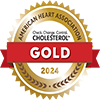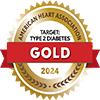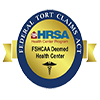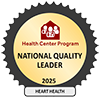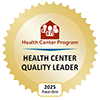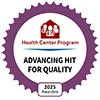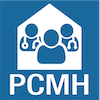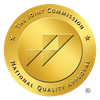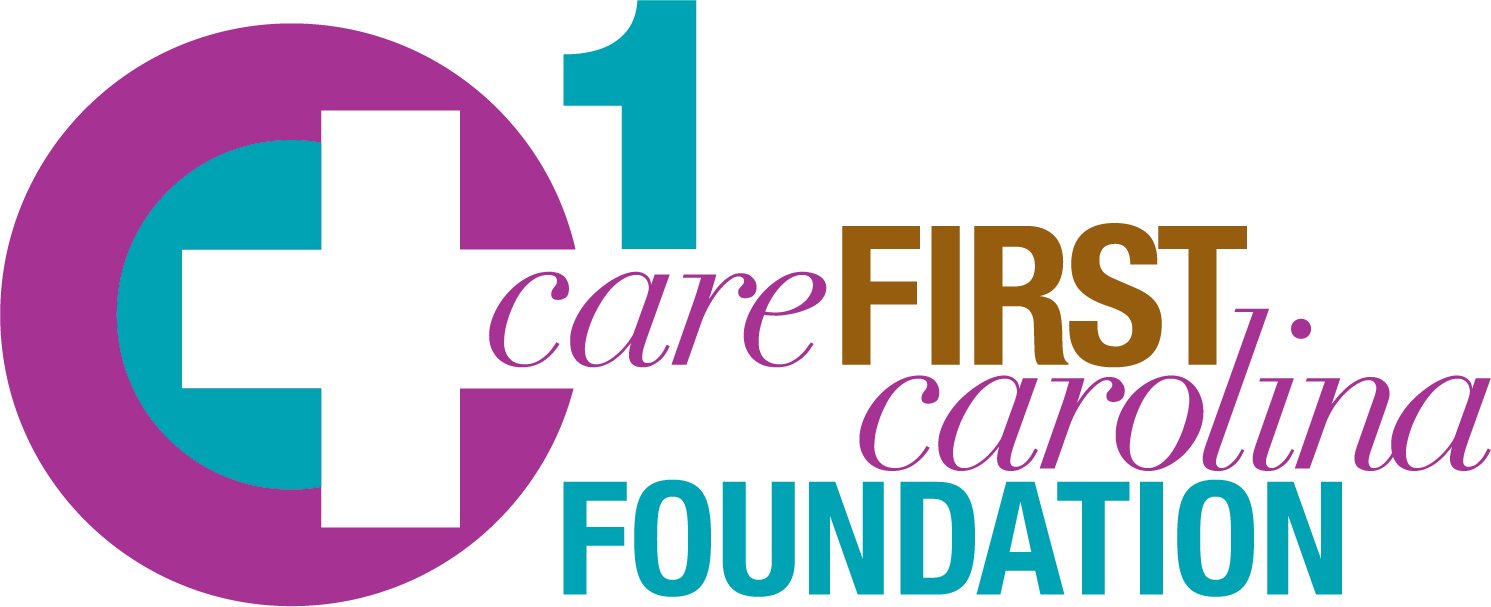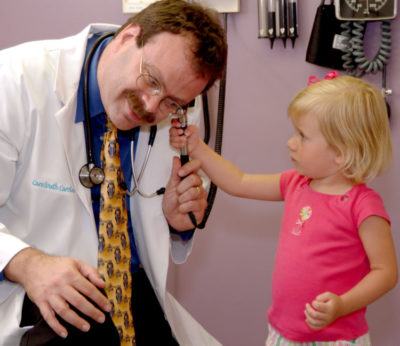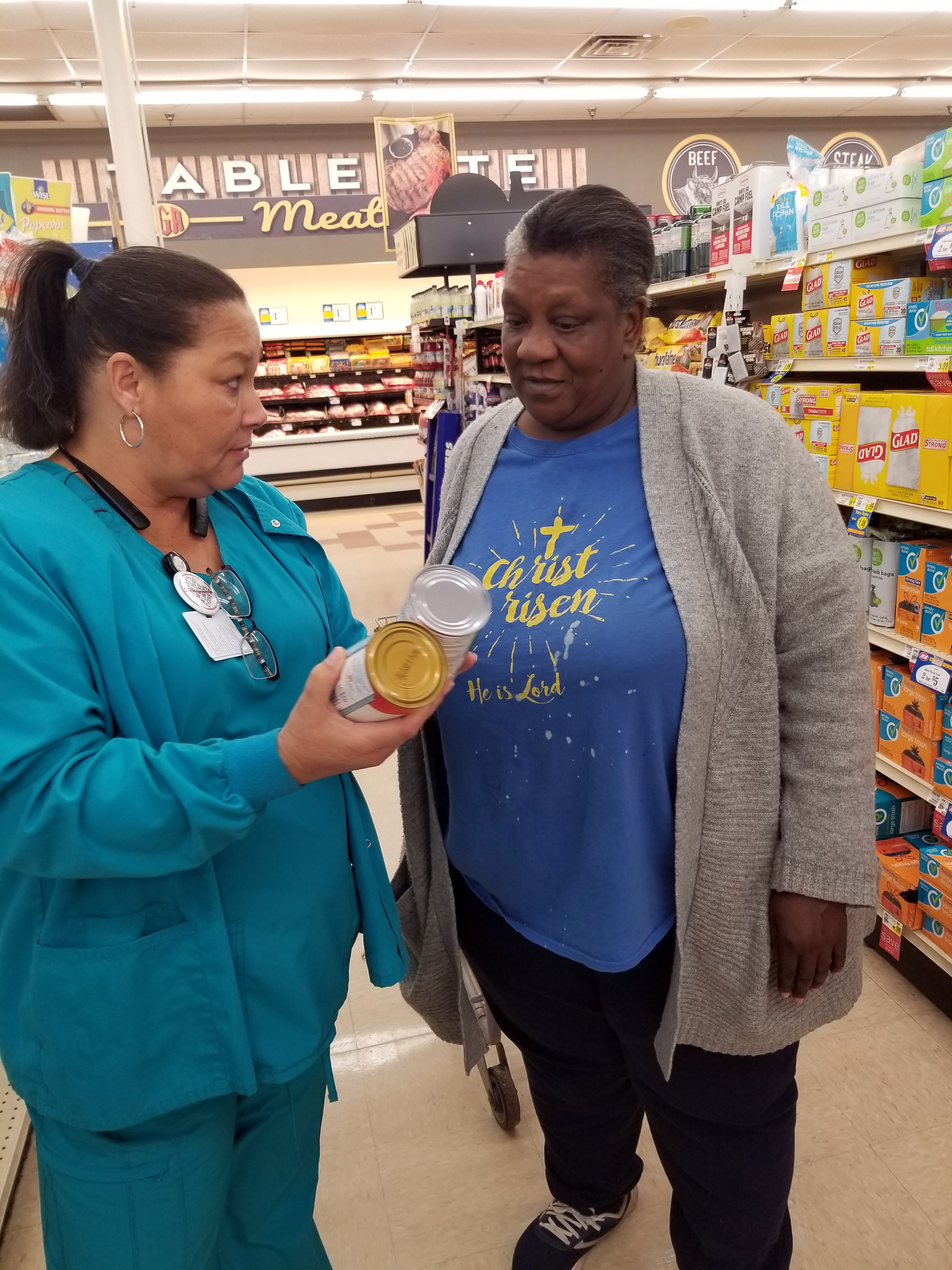
CareSouth Carolina grocery shopping with patients
More than 5,500 of CareSouth Carolina’s patients have been diagnosed with diabetes and many are admittedly struggling with their diet. To resolve this issue, the organization has formulated a program to help each one of those patients on an individual level.
When a patient is diagnosed with diabetes or is identified to be struggling with the condition, CareSouth Carolina is giving them the option of meeting with a member of its Family Support Services (FSS) III CMA/RMA staff at a local grocery store of their choosing regularly.
“We have found that many patients struggle with proper diet and knowing what to eat when you have diabetes,” Chief Quality Officer Randall Carlyle said. “So, we identify patients with diabetes and talk to them. We have educational brochures and material, but we found that those things are not always as effective as being there in person to have a conversation.”
At the grocery store, the patient shops as they normally would and CareSouth Carolina’s FSS III workers spend time educating them on healthy nutrition and giving helpful tips when it comes to their selections. The FSS III workers let the grocery store know ahead of time that they are coming so they are aware, as well.
“We took the mindset of doing a home visit- which we do for a number of things- and extended it to the grocery store as a way to make a practical impact in the lives of our patients,” Carlyle said.
Deloras Jackson, FSS Level Technical Advisor for CareSouth Carolina, said the opportunity to educate patients outside of the office setting has proven to be a success.
“You can educate and tell patients things all day long in the office, but actually going in the grocery store and pulling that can off that shelf has been very helpful,” Jackson said. “Many of our patients without great vision struggle to read labels to begin with and being able to go with them and educate them on their nutrition choices is something that is invaluable. It also shows our patients that there’s somebody who cares enough to go outside these walls and aid them.”
The Health Resources and Services Administration (HRSA) regarded the new program as a “promising practice” and recognized it nationally for working to bring improvements to clinical quality outcomes and patient engagement.
Wilhelmean Brown is a patient at CareSouth Carolina and one of the first to participate in the program.
“I know the label says there are three servings in a can, but I didn’t really understand what that meant for me as I try to get my blood sugar under control,” Brown said. “I know it’s about changing eating habits and exercise and I’m trying to do those things. I’ve started walking and paying attention to what I’m putting in my body. It was helpful for her to be to be there because I learn visually.”
“I’ve got grandchildren and great-grandchildren and I want to be around for a long time,” Brown said.
Carlean James, another CareSouth Carolina patient, said she is working on getting her blood pressure under control.
“I learned about how much sodium is in that can and that if I eat that whole can, I’ve eaten too much,” James said. “She took me around and showed me options, and answered my questions. When I cook now, I know how much to eat and what not to eat.”
To evaluate the effectiveness of the program, CareSouth Carolina is monitoring each participant’s Hemoglobin A1c levels and overall diabetes compliance.




